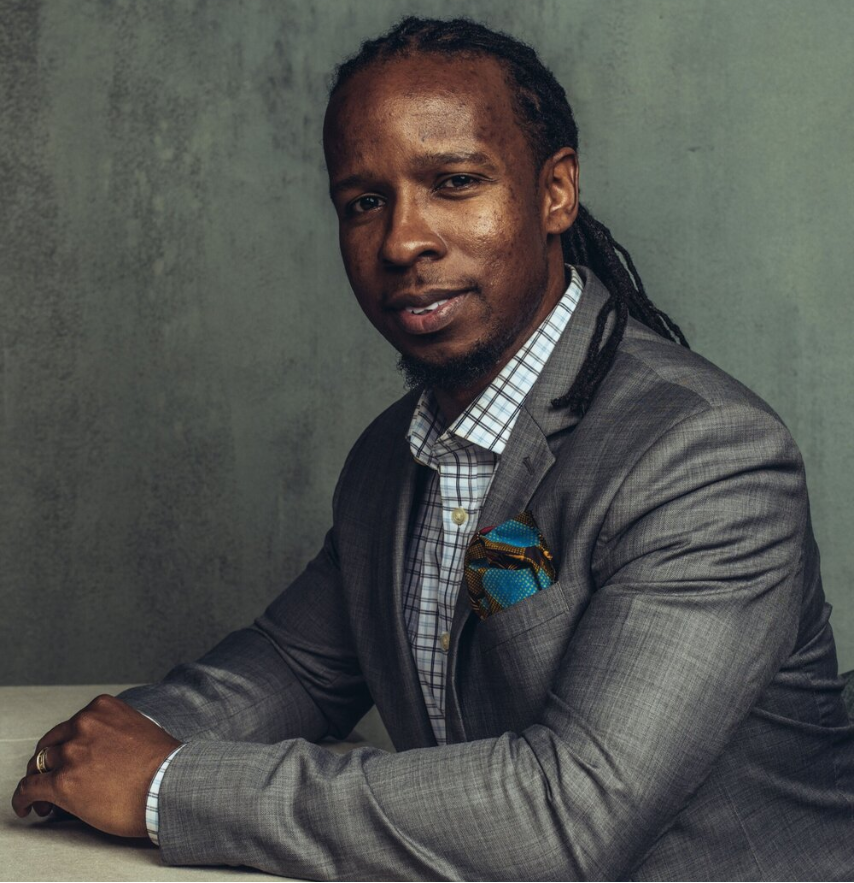
When I was a teacher union president in the early 1990s, I gave an interview with our local newspaper in which I criticized the educational inequalities that were being exacerbated by public magnet schools. Many found my criticisms hypocritical because I was an education choice advocate who had helped launch one of our community’s first magnet schools a decade earlier and had enrolled my two children in a magnet school.
But not all education choice programs are inherently good. Those that perpetuate and increase inequalities undermine public education and the public good. My criticisms in that interview were not aimed at education choice in the abstract, but rather in how education choice was being implemented in our community.
I thought about that interview and the controversy that ensued as I was reading Ibram X. Kendi’s new book, “How To Be An Antiracist.” Kendi is a Florida A&M graduate (Go Rattlers!) and a professor at American University in Washington, D.C., where he teaches history and international relations. He is also the founding director of American University’s AntiRacist Research and Policy Center.
Kendi is a systems thinker. To Kendi, racism isn’t about white people disliking black people, or light-skinned blacks feeling superior to dark-skinned blacks. Racism is a set of systemic policies and practices that use race to perpetuate power inequities. Groups use racism to help maintain their social, political, and economic advantages.
Kendi defines anti-racism as actively working to dismantle those systemic policies and practices that use race to perpetuate power inequalities. And he says there is no neutral ground. All of our policies and actions are either racist or anti-racist, including our nonactions. Nonaction in the face of racism is racist because it allows systemic racism to persist.
“There is no such thing as a nonracist or race-neutral,” Kendi writes. “Every policy in every institution in every community in every nation is producing or sustaining either racial inequity or equity between racial groups.”
As a systems thinker, Kendi supports racial discrimination when it is used to undermine systemic racism by redistributing power in ways that create greater equity: “If discrimination is creating equity, then it is anti-racist. If discrimination is creating greater inequity, then it is racist. Someone reproducing inequity through permanently assisting an overrepresented racial group into wealth and power is entirely different than someone challenging an inequity by temporarily assisting an underrepresented racial group into relative wealth and power until equity is reached.”
Kendi’s take on the systemic nature of racism and anti-racism are not new. The Black Power movement in the 1960s and ‘70s was built on a similar analysis, as articulated by activists such as Malcolm X, Kwame Ture (Student Nonviolent Coordinating Committee), Omali Yeshitela (International People’s Democratic Uhuru Movement), and Bobby Seals and Huey Newton (Black Panther Party).
What is unique, at least to Kendi, is his personal journey. The path he describes in his book suggests he arrived at his understandings through personal experiences and the insights they fostered rather than an in-depth study of Black Power literature. His openness about his struggles to develop a satisfactory understanding of his relationship to racism as a young black man is refreshing and enlightening, although not without criticisms.
Thanks in large part to the ongoing advocacy of long-time educator and community organizer Owusu Sadaukai, or Howard Fuller as he is best known in the education choice community, today’s education choice movement is deeply grounded in an anti-racist and anti-poverty agenda. The movement has largely embraced Fuller’s social justice rationale for education choice and consequently focuses much of its energy on restructuring public education in ways that expand opportunities for low-income, minority, and special needs children and their families.
Without ever having met Fuller, Polly Williams, or other social justice warriors in the early education choice movement, my concerns in the early 1990s about how public magnet schools were increasing inequality aligned with Fuller’s agenda and eventually led me and many other left-of-center progressives to join the social justice wing of the education choice movement.
If Black Power advocates from Kwame Ture (Stokely Carmichael) to Ibram X. Kendi are correct in identifying racism as the systemic use of race to perpetuate social, economic, political, and education inequities, how can my fellow progressives continue to defend public education policies and practices that advantage the powerful while systemically disadvantaging low-income people of color? How can they oppose Fuller’s social justice approach to education choice and still be anti-racist?
These are questions more progressives need to consider. They can start by reading Kendi’s book.


